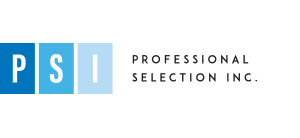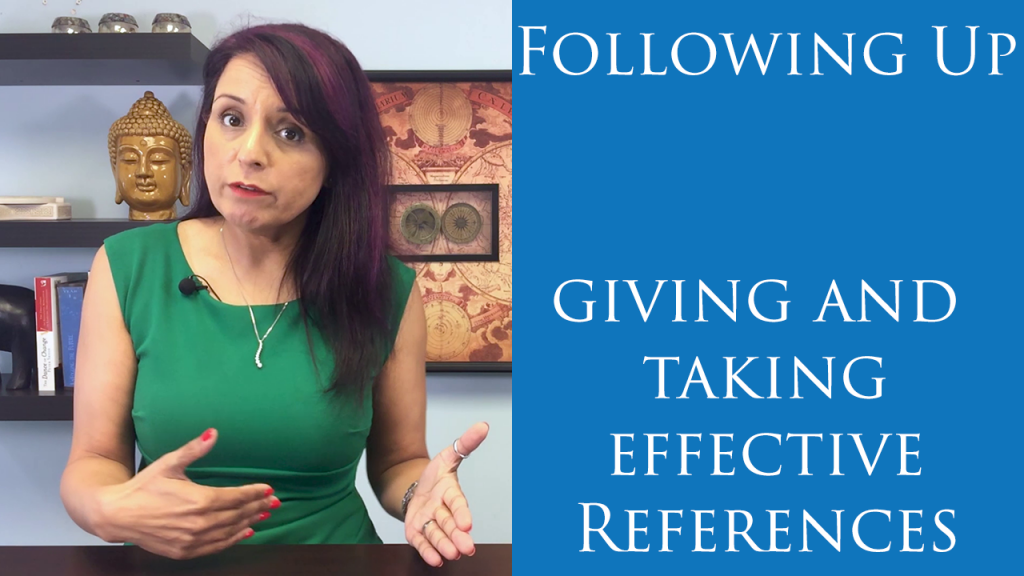Suky answers some follow up questions to our video two weeks ago on effective references.
Transcription
Hi I’m Suky from Professional Selection. Today I’d like to talk about some follow-up questions we got to ou previous video on how to take effective references. One of the questions we got was at what stage do you do the reference? That’s a difficult one because it depends on a lot on the type of recruitment you’re doing and also your client expectations, and if you’re in that contracting space then yes you’re going to need to take the references upfront before the individual even meets the client. But for the purpose of this conversation I’m going to talk about direct hire. Well I still think leave the references to a second, third stage of the interview process. I’ll tell you for why.
At that stage you’ll know what your client is thinking. Some of the areas your client is wanting clarity on etcetera. That also raised a question as to well, how do you know a candidate is suitable after one interview? In reality in our process we have a two-touch process, so candidates that are new to speak to at least two individuals in our office. But bear in mind we work in a niche market and we deal with a lot of passive candidates so we build up a relationship with these individuals over a longer period of time.
So if you don’t have that I would say at least do a two-touch interview process with a candidate before submitting them to your client. Definitely meet them as well.
The other question was how do you handle a peer reference and is a peer reference important? In my opinion it’s not. If you have taken an effective line manager reference a peer reference has been dealt with within the context of that, and the other reason I don’t think a peer reference will add much value or give more any more of a 360 view is the peer can only see what they see in the team. What you’ll find with a line manager is, especially if there’s something negative, the line managers are aware of the bigger picture because the other colleagues of the team are giving feedback to them.
So again in my opinion peer reference is not necessary, of course unless your clients ask you to do a peer reference.
What do you do when a candidate refuses to give you their line manager from their current employer or their previous employer? So you know that’s not going to be a good reference – you have to take that reference. But before you take that reference you need to take the time to understand from your candidate why they feel that’s going to be a negative reference. It could be that they felt that there was favoritism in the team for example. Talk with your candidate give them a level of comfort that they provide you that line manager reference. When you are taking that reference again you have to bear in mind what your candidate said and and ask the question in the context and either verify that or not. But line manager references are an absolute must.
I’ve not yet made a placement where my client has said it’s okay not to do a line manager reference, so that’s critical.
The other question was: “I’ve been asked to give a reference for a former employee and I don’t want to do that”
The simple answer is you don’t have to. That’s the reality so politely decline, but if you do give a reference it needs to be honest and effective. Now do not feel pressured to give a good reference if you don’t feel you can. There may be areas that you’re able to speak to and other areas that you’re not able to speak to, but just be extremely honest.
Now for example if they ask “what is this person like now to work with in a team?” Well you may have worked with them five years ago, explain that you can only give the reference in the context of five years ago. If they ask something that you do not feel you can answer honestly simply decline to answer that question. You can say sorry I can’t speak to that, but do not give a bad reference. Stay professional. Anything you can’t be honest about simply say sorry I can’t speak to that in this moment.
Last but not least – glowing references. In reality I’m a believer glowing references don’t exist, and if you’ve got a glowing reference one of two things have happened here. You’ve not asked the right effective questions – the Why question I talked about in the video earlier. Or, this individual has been prepped by the candidate to answer those questions based on their interview.
If it’s the first one, not a problem. You can go back and ask those why questions. A good area is to ask the question of “what advice do you have for this individuals future line manager how to help them improve themselves”. If they’re saying that this person is amazing and they don’t need any help something is wrong there, so keep digging. It could be that that individual was not actually the line manager so they really don’t know that information, in which case you’ve got a problem you need to go back and get another line manager.
Or, as I said earlier the individual could be prepped by the candidate in which case you have another issue, you need to be talking to your candidate there.
Anyways, at the end of the day as I said a good reference is not a glowing reference. A good reference is one where you’re able to go back to your client with some great positives and some areas that the client needs to be mindful of to help them get the best out of this individual.
As always, I’m sure there’s different opinions out there, would love to hear them, so feel free to leave a comment below.
Thanks for listening.



